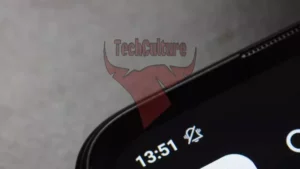Digital regulators in Europe are cracking down on TikTok Lite’s latest feature that rewards users for consuming content, citing concerns over addiction among children. The European Commission recently announced formal proceedings against TikTok Lite, a slimmed-down version of the popular app designed to use less mobile data, which was rolled out in Spain and France in March. One of the main attractions of this new app is its “Task and Rewards” program, where users aged 18 and above can earn points by engaging with the platform daily, watching videos, liking posts, and inviting friends to join TikTok.
However, the commission highlighted that TikTok has not taken adequate measures to prevent minors from accessing the rewards system, raising worries about the potential addictive nature of the Lite app. Commissioner Thierry Breton expressed concerns by likening TikTok Lite to “cigarettes ‘light'” and emphasized the need for stricter controls to protect young users. TikTok has been given a deadline until Wednesday to defend its position, after which the commission will decide whether to suspend the rewards program in the EU. Additionally, the platform has been instructed to provide a risk assessment of the spinoff app promptly.
European officials had previously requested TikTok to submit a risk assessment by April 18, indicating a failure on the part of the company to adhere to regulatory expectations. Breton warned that unless TikTok can provide substantial evidence of the app’s safety, interim measures including the suspension of the rewards program may be implemented under the Digital Services Act. In response to the commission’s actions, a TikTok spokesperson expressed disappointment with the decision, clarifying that the rewards hub on TikTok Lite is inaccessible to users under 18 and has limitations on daily video consumption tasks.
The primary concern raised by the commission revolves around the mental well-being of young TikTok users, with Breton emphasizing the potential risks associated with constant exposure to short, fast-paced videos. The fear is that such content consumption patterns could lead to increased levels of anxiety, depression, and addiction among children. These apprehensions echo similar sentiments among lawmakers globally, with discussions in the US regarding a potential TikTok ban and ongoing EU investigations into TikTok’s main app over concerns related to its algorithm and content delivery mechanisms.
As the regulatory pressure mounts on TikTok, the platform faces a pivotal moment in addressing the growing concerns surrounding the impact of its services on young users. The outcome of the commission’s proceedings against TikTok Lite could set a precedent for how social media platforms are held accountable for safeguarding the well-being of their users, particularly the vulnerable younger audience.




